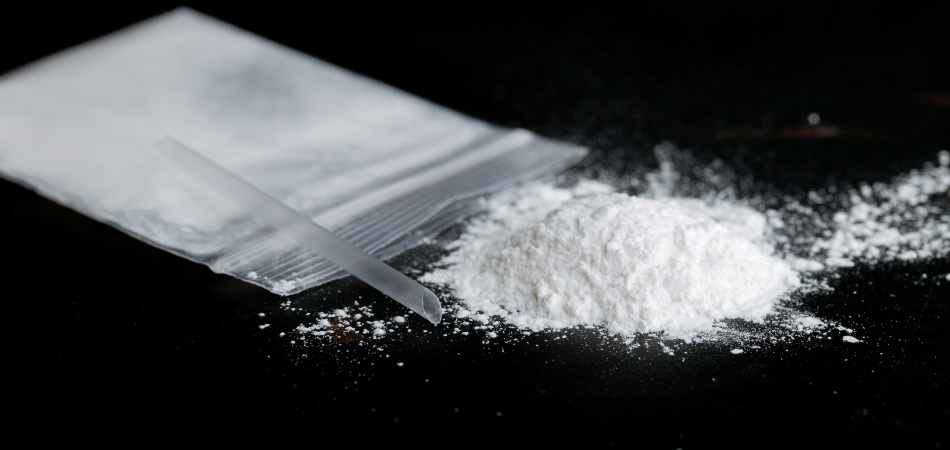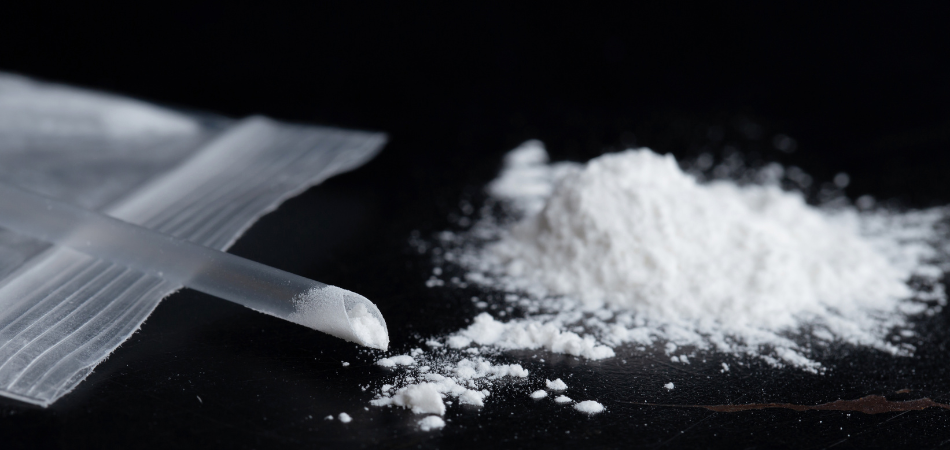
Written by:

Medically Reviewed by:
Last Updated:
August 7th, 2025
Ketamine Addiction | Definition, Symptoms and Effects
Ketamine gets written off as harmless. It’s used in hospitals, explored for mental health treatment and often starts as a party drug. But ketamine addiction is real and it can creep in fast. What begins as curiosity can turn into something much harder to manage. If you’re unsure about your own use or worried about someone else, understanding how ketamine addiction develops can make all the difference.
What is ketamine?
Ketamine is a dissociative anaesthetic that’s been used for decades in both human and veterinary medicine. It’s known for its ability to provide pain relief and sedation quickly and it’s still used in surgeries, emergency care and, more recently, in controlled doses to help treat severe depression.
Outside of those medical settings, ketamine is commonly used recreationally for its hallucinogenic and dissociative effects. When misused, it can cause a sense of detachment from reality, often described as feeling like you’re outside your own body. These effects are part of what draws people in but they’re also what makes repeated use dangerous.
Is ketamine addictive?
Ketamine can be addictive, although it doesn’t always follow the same pattern as some other drugs. People don’t always realise they’re becoming dependent until it starts to affect daily life. While ketamine may not cause physical withdrawal symptoms in the same way heroin or alcohol might, it creates strong psychological cravings and a need to chase the high.
Over time, people often build up a tolerance, needing more to get the same effects. That’s usually when the problems begin to show.
How common is ketamine addiction in the UK?
In the UK, ketamine’s popularity has risen sharply in the last few years, especially among younger adults. In fact, usage among 16 to 24-year-olds has now overtaken drugs like ecstasy. Its relatively low price, easy access and short-acting nature make it appealing for experimental and social use. But of course, the ease of accessibility comes with a cost.
Between 2022 and 2023, more than 2,200 people sought help for ketamine addiction in England. That’s a significant rise from the previous year and more than five times higher than it was in 2014. It’s a sign that ketamine use is no longer just occasional or low-risk for many users. Addiction is becoming more common and the number of people seeking treatment reflects that.
How ketamine addiction affects daily life
The longer ketamine use continues, the more it begins to affect multiple areas of life. Because the addiction isn’t always physical at first, many people don’t see the damage it’s doing until those effects start to pile up.
Aside from bladder damage, ketamine can also lead to fatigue and slurred speech. Many users also report weight changes, either from reduced appetite or irregular eating patterns.
The emotional crash that follows ketamine use can be harsh, especially when it’s being used frequently. Mood swings are common and many people begin to feel disconnected from reality, struggling to feel joy or motivation unless they’re under the influence.
As use becomes more frequent, some people turn to risky behaviours or unsafe environments just to get hold of more. It’s a pattern that can quickly spiral out of control.
Signs of ketamine addiction
If you’re concerned that you or someone you care about might be dealing with a ketamine addiction, there are several signs to be aware of. These may not all appear at once but even a few could suggest that support is needed.
- Needing more ketamine to get the same high
- Bladder problems, including frequent urination or pain
- Poor coordination and slurred speech
- Constant tiredness or weakness
- Noticeable weight loss or gain
- Feeling low, anxious or emotionally flat when not using
- Memory lapses or trouble focusing
- Mood swings or irritability between doses
- Craving ketamine even when it’s risky or inconvenient
- Feeling detached or numb when not under the influence
- Struggling to find joy or motivation in everyday life
- Skipping work, education or personal commitments
- Lying about use or hiding how often it’s taken
- Avoiding people or isolating from usual social circles
- Spending large sums of money or taking financial risks
- Going to great lengths to find and use ketamine
- Using in secret or in places where getting caught could have serious consequences
Am I addicted to ketamine?
It can be hard to spot when something goes from being fun or helpful to being a crutch. If ketamine use started casually or even as part of a medical treatment, you might not realise how far it’s gone. A few honest questions can help paint a clearer picture:
- Are you using ketamine more often or in higher amounts than before?
- Do you feel anxious, irritable or emotionally flat when you haven’t taken it?
- Are you hiding your use from others or lying about it?
- Have you noticed your mood, memory or focus changing?
- Is ketamine affecting your relationships, work or social life?
If these questions feel uncomfortably familiar, it might be a sign that ketamine is taking more than it’s giving. That doesn’t mean it’s too late to make a change.
Where to go from here
Addiction can make you feel stuck. You might worry that stopping ketamine will make things worse. But with the right help, things can and do get better.
At Primrose Lodge, our ketamine addiction rehab programme is designed to support you through every stage of recovery. We offer a safe detox environment, followed by one-to-one therapy, group counselling and holistic treatments like yoga and meditation. You’ll also have a personalised aftercare plan to help you stay on track once you leave.
Whether you’re ready to begin treatment or just need to talk things through, we’re here. Reaching out could be the step that changes everything.
Frequently asked questions
(Click here to see works cited)
- Jones, Pete. “Drug Misuse in England and Wales: Year Ending March 2023.” Drug Misuse in England and Wales – Office for National Statistics, Office for National Statistics, 14 Dec. 2023, www.ons.gov.uk/peoplepopulationandcommunity/crimeandjustice/articles/drugmisuseinenglandandwales/yearendingmarch2023.
- “Adult Substance Misuse Treatment Statistics 2022 to 2023: Report.” GOV.UK, www.gov.uk/government/statistics/substance-misuse-treatment-for-adults-statistics-2022-to-2023/adult-substance-misuse-treatment-statistics-2022-to-2023-report. Accessed 18 July 2025.
- Srirangam S, Mercer J. Ketamine bladder syndrome: an important differential diagnosis when assessing a patient with persistent lower urinary tract symptoms. BMJ Case Rep. 2012 Sep 30;2012:bcr2012006447. doi: 10.1136/bcr-2012-006447. PMID: 23035160; PMCID: PMC4544340.










